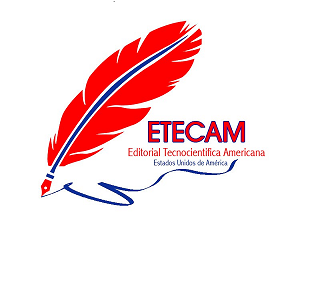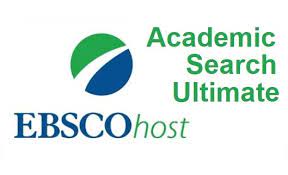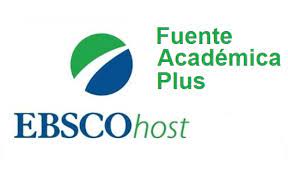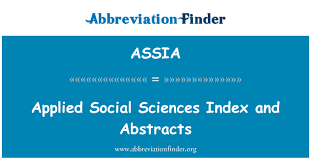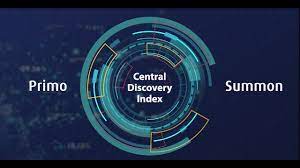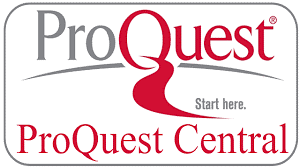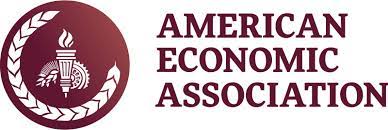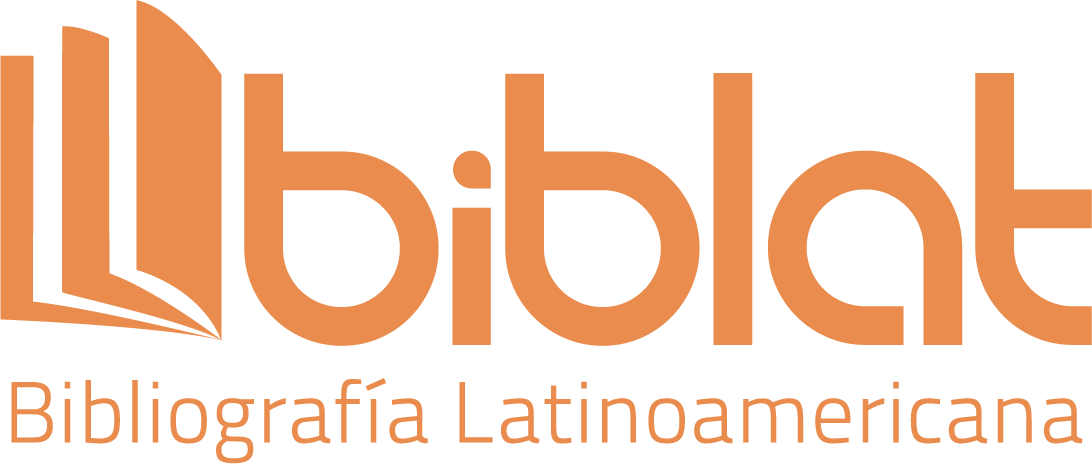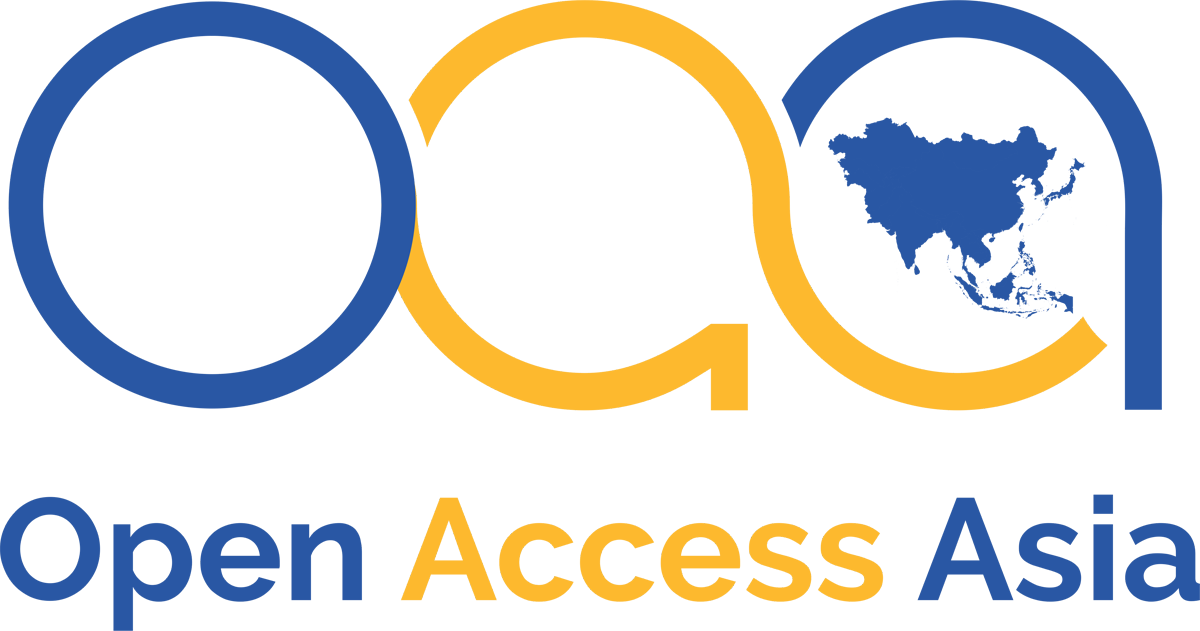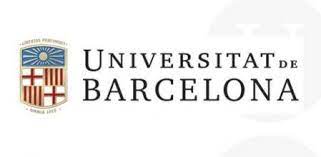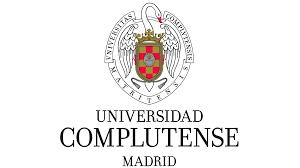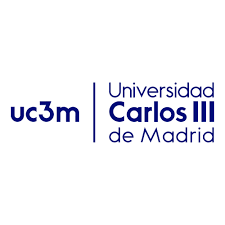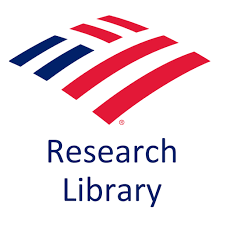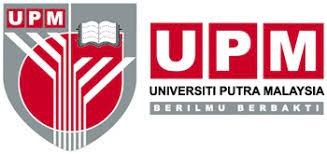Methodological strategies to develop skills in calculus with magnitudes in the third year of EGB
DOI:
https://doi.org/10.51736/sa.v7i3.332Keywords:
methodological strategies, working with magnitudes, calculation skills.Abstract
At a global level, the implementation of methodological strategies for the development of skills in calculus with magnitudes in the third year of Basic General Education is revealed as a crucial need to enhance global mathematics education. In this sense, this research is carried out, to develop effective methodological strategies that enhance the learning and mastery of skills in calculation with magnitudes in students of the third year of Basic General Education of the Mariano Barona Fiscal Educational Unit. The research process developed was multiple, allowing the efficient analysis of qualitative and quantitative aspects, as products of the nature of the study in question. Different methods were used, such as Historical – logic, Analysis – synthesis, Hypothetical – deductive, Modeling, Documentary review, Observation, Content testing, Semi-structured interview, Rubric, and Expert criteria. It was developed in three stages, starting with the diagnosis of the current situation, the proposal of strategies, and the evaluation of effectiveness, as well as the expert criterion. The implementation of the methodological strategy evidenced effectiveness in the main aspects analyzed in the research.
Downloads
References
Ander-Egg, E. (2003). Métodos y Técnicas de Investigación Social. Lumen Hvmanitas.
Barrantes, R. (2014). Investigación, Un camino al conocimiento, Un Enfoque Cualitativo, Cuantitativo y Mixto. Editorial EUNED.
Campi, I.I., Campi, J.A., De Lucas, L.A. (2015). El Método Heurístico como recurso en la resolución de problemas en la Educación. UNIANDES EPISTEME: Revista de Ciencia, Tecnología e Innovación, 2(3)
Candela, Y., y Benavides, J. (2020). Actividades lúdicas en el proceso de enseñanza-aprendizaje de los estudiantes de la básica superior. Rehuso, 5(3), 78-86. https://revistas.utm.edu.ec/index.php/Rehuso/article/view/1684
Díaz, J., Gallego, B. R. y Calles, A. (2011), Bases y aplicación del método hipotético-deductivo en el diagnóstico. Revista Cubana de Medicina General Integra, 27(3), 378-387
Espinoza, L., Taverner, R. M., Ygual, A. (2018). Conciencia fonológica y resolución de problemas matemáticos en educación infantil. Revista de Logopedia, Foniatría y Audiología, 38, 61-68. https://doi.org/10.1016/j.rlfa.2017.07.003.
Exley, K. y Dennis, R. (2007). Enseñanza en pequeños grupos en educación superior. Narcea.
Flick, U. (2012). Introducción a la investigación cualitativa. Ediciones Morata y Fundación Paideia Galiza.
Flores, R. & Cotrina, D. (2024). La motivación en el aprendizaje durante la última década. Horizontes Revista de Investigación en Ciencias de la Educación, 8(32), 380-392. https://doi.org/10.33996/revistahorizontes.v8i32.730
Hernández-Sampieri, R. y Mendoza-Torres, C.P. (2018). Metodología de la investigación: las rutas cuantitativa, cualitativa y mixta. McGraw Hill
Hernández-Sampieri, R., Fernández, C. & Baptista, P. (2018). Metodología de la investigación: las rutas cuantitativa, cualitativa y mixta. McGraw-Hill México.
Lucas, C., & Gascón, J. (2019). Las tres dimensiones del problema didáctico del cálculo diferencial elemental. Avances De Investigación En Educación Matemática, (16), 40–56. https://doi.org/10.35763/aiem.v0i16.277
Martin-Requejo, K., González-Andrade, A., Álvarez-Bardón, A. y Santiago-Ramajo, S. (2023). Implicación de las funciones ejecutivas, la inteligencia emocional y los hábitos y técnicas de estudio en la resolución de problemas matemáticos y el cálculo en la escuela primaria. Revista de Psicodidáctica, 28, 145-152. https://doi.org/10.1016/j.psicod.2023.06.003.
Matas, A. (2018). Diseño del formato de escalas tipo Likert: un estado de la cuestión. Revista Electrónica de Investigación Educativa, 20(1), 38-47. https://doi.org/10.24320/redie.2018.20.1.1347
Pegalajar, M. del C. (2021). Implicaciones de la gamificación en Educación Superior: una revisión sistemática sobre la percepción del estudiante. Revista de Investigación Educativa, 39(1), 169–188. https://doi.org/10.6018/rie.419481
Pérez-Iribar, G., Beleño-Fuentes M., Nuñez-Peña, C. R. y Orquera-Cadena, M. (2017). Valoración del resultado científico de la investigación. Una experiencia desde la aplicación del criterio de experto. OLIMPIA, 14 (46).
Torres-Miranda, T. (2020). En defensa del método histórico-lógico desde la Lógica como ciencia. Revista Cubana de Educación Superior, 39(2), http://scielo.sld.cu/scielo.php?script=sci_arttext&pid=S0257-43142020000200016&lng=es&tlng=es.
Unesco, (2019). Informe de seguimiento de la educación en el mundo, 2019: Migración, desplazamientos y educación: construyendo puentes, no muros. https://doi.org/10.54676/IWWM5074
Published
How to Cite
Issue
Section
License
Copyright (c) 2024 Olga María Sarango Molina, Yesenia Nazareno Nazareno, Wilber Ortiz Aguilar

This work is licensed under a Creative Commons Attribution-NonCommercial-ShareAlike 3.0 Unported License.













